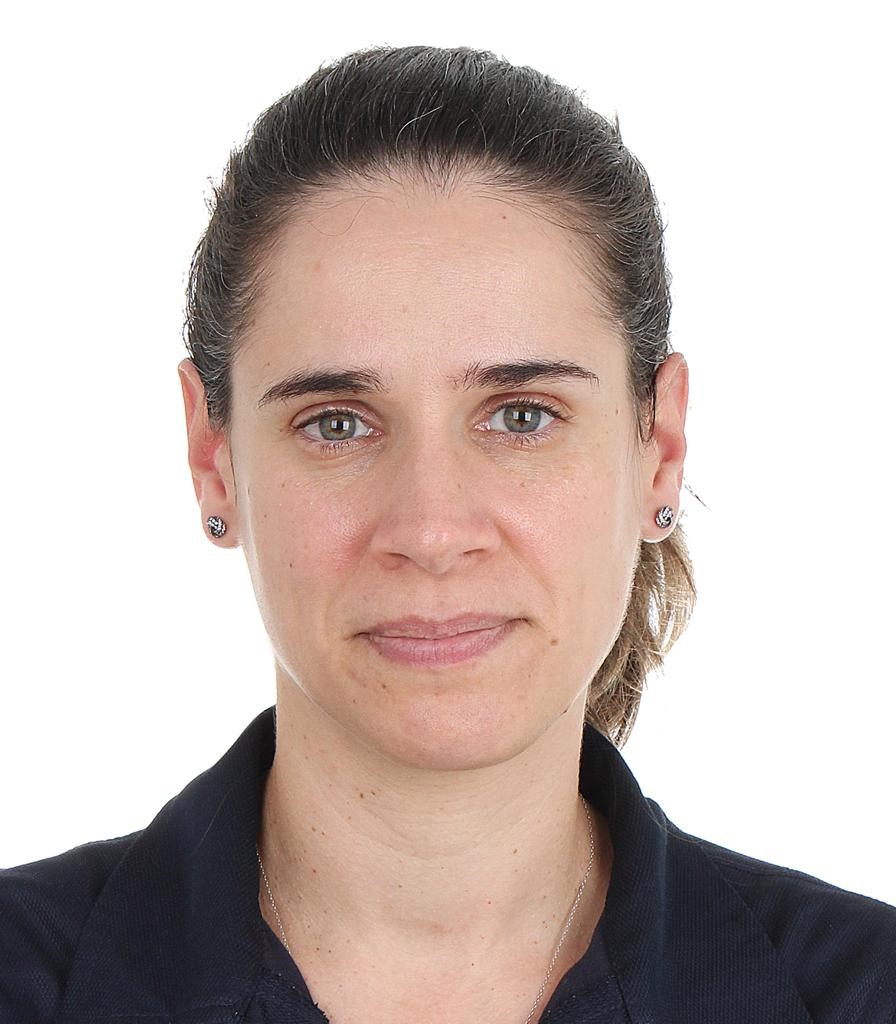The interview

Raquel Silva, Portugal
What is your name?
Raquel Silva
What is your profession?
Senior MSK physiotherapist in a private hospital
How is the rehabilitation treatment of spine diseases managed in your country?
In Portugal, my home country, the answers for scoliosis patients are unfortunately poor. Conservative management is based on old exercise and non-specific scoliosis concepts, such as RPG, and also the available bracing options fall into this category of antiquated choices.
As a scoliosis patient myself since I was a teenager, I was told there was not much to do about it. Since I moved to Dubai, United Arab Emirates, and had the chance to practice with specialised physiotherapists, spine orthothists, and neurosurgery doctors, my perspective changed, and I could replace the “not much to do” with a "great, we can do it.”.
In the United Arab Emirates, there are a vast number of experienced and updated professionals working with spinal deformity patients.
Scoliosis: how is it treated?
A patient reaches physiotherapy after a doctor’s referral for specific exercises, and, if needed, the patient is also referred to the orthotist, podiatrist, or any other intervenant. Other fellow physiotherapists will also refer for trained physios.
The conservative approach is strongly tested before surgery is put on the table. There is a good awareness of physiotherapy for spinal deformity training.
What would you like to improve on the clinical practices currently followed in your country?
In the United Arab Emirates, I’m taking the chance to learn the best, hoping one day to return to Portugal and dedicate my practice to scoliosis and other spinal deformities.
What do you think this course can give you, and how do you think you can apply this knowledge in your daily clinical practice?
This course can give me better and more tools to globally comprehend a spinal deformity patient, direct my practice, and achieve expertise.

